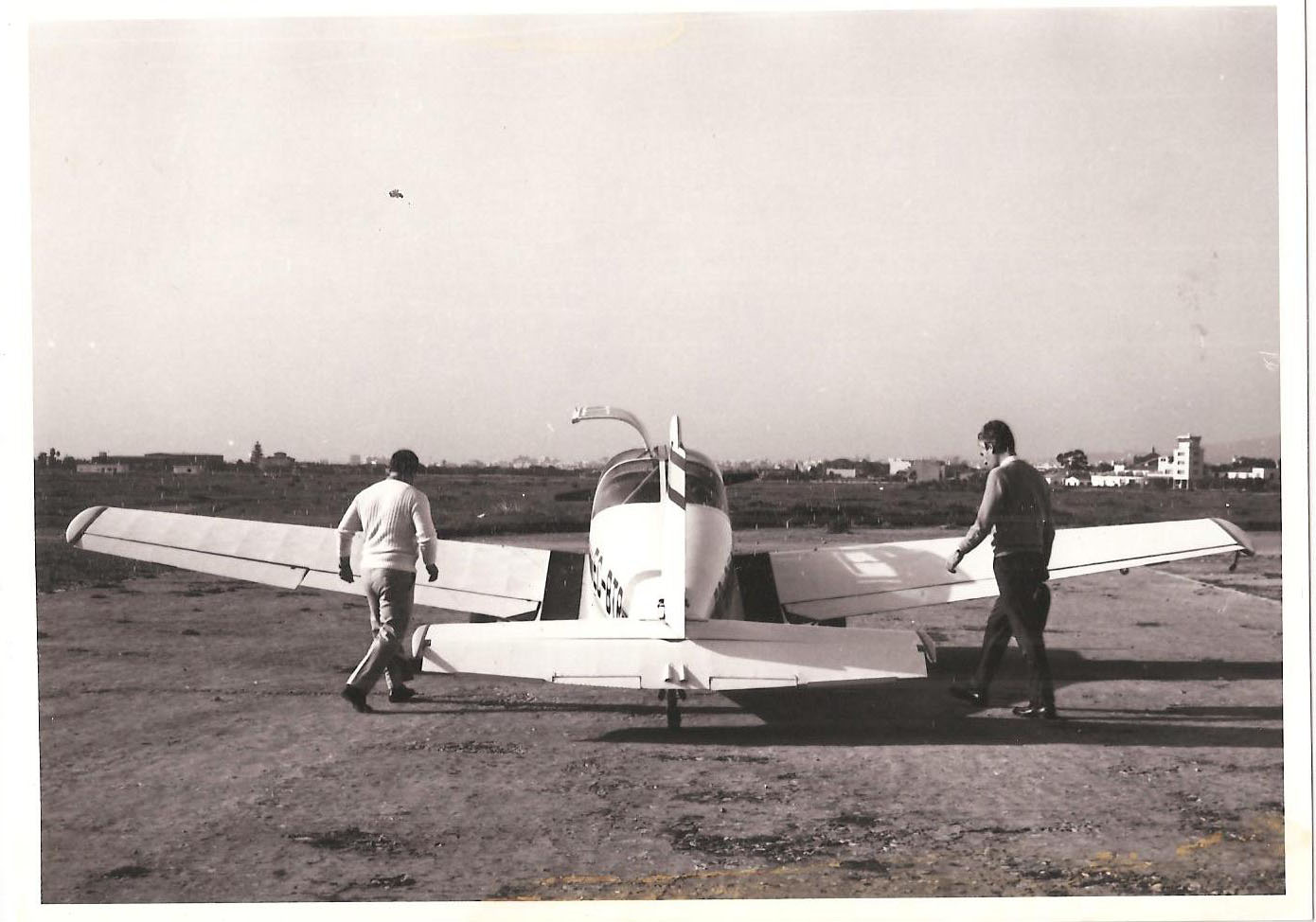 Flying: hours of pleasure with minutes of genuine panic.
Flying: hours of pleasure with minutes of genuine panic.
Airlines are now proud of the young age at which their pilots are becoming Captains.
The low cost companies and why not say it, their legacy, has entered in to a spiral which nobody in the industry dares to predict but the final result will be worrying.
Times have changed since German pilots could only fly in Germany or Spanish in Spain. Frontiers have disappeared on a world level except for a few countries that are thirty years behind present day aviation.
I have no intention of upsetting anybody with my opinion, there is no reason to. It is simply what a lot of pilots are saying or discussing when they have just finished operating a flight with turbulence, storms, technical problems, or the whole crew feeling pressurised by the companies that do not appreciate their work. There are many tough jobs and a pilot’s is one of them. Passengers arrive at their destination without major inconvenience but are often unaware of what the technical or auxiliary crew have had to deal with during the flight.
We are entering a situation where the the number of pilots required in the next few years by the airlines could reach 20.000 and according to the latest surveys, 865.000 cabin crew.
We have reached a point whereby the authorities should study the possibility of extending the date of retirement of those pilots interested in doing so. In the USA they are contemplating increasing the retirement age from 65 to 67 in order to continue providing experience and support to the new pilots joining the airlines.
Another aspect which should be studied in order to find a solution, is the instruction of young pilots. They should be trained more in line with the tasks they are going to carry out and above all what they are going to face. Nowadays many young pilots and first officers have been taught to trust what computers and the LCD instruments show. They take off and before the under carriage is fully engaged, they have already connected to auto-pilot, with no or very little manual flying. In the long term, these techniques, learnt by young pilots, can only cause problems and in some cases serious ones.
Who is responsable for all this? There are many factors but a lot of the fault lies with the airlines.
The situation at Ryanair and its samurai Michael O’Leary deserve special mention. His personnel policy and treatment of ground staff – whether they are sub-contracted or not -, his pilots and cabin crew, is already unacceptable and to continue with his arrogant attitude especially with the pilot sector, those who fly his planes, is in my opinion the start of a serious problem with a difficult solution and with unforeseen consequences.
It is one thing to be “off piste”, but those at Ryanair want clients, pilots and the rest of the personnel to jump through hoops.
It seems fair to me that any pilot should have the right to move from one company to another with total freedom, especially when leaving a company where freedom is limited or controlled and above all to have the right to go where salaries are better or for an improved quality of life.
Airline pilots know that the power or a considerable part of it, is in their hands, along with their colleages the cabin crews, TMAs, check-in, flight despatch, loading and unloading and this power can manage to change an airline in to a Great Airline. In any case, I have known directors who base their
personnel strategy on disposabilty.
Ir al contenido
La aviación es vida
